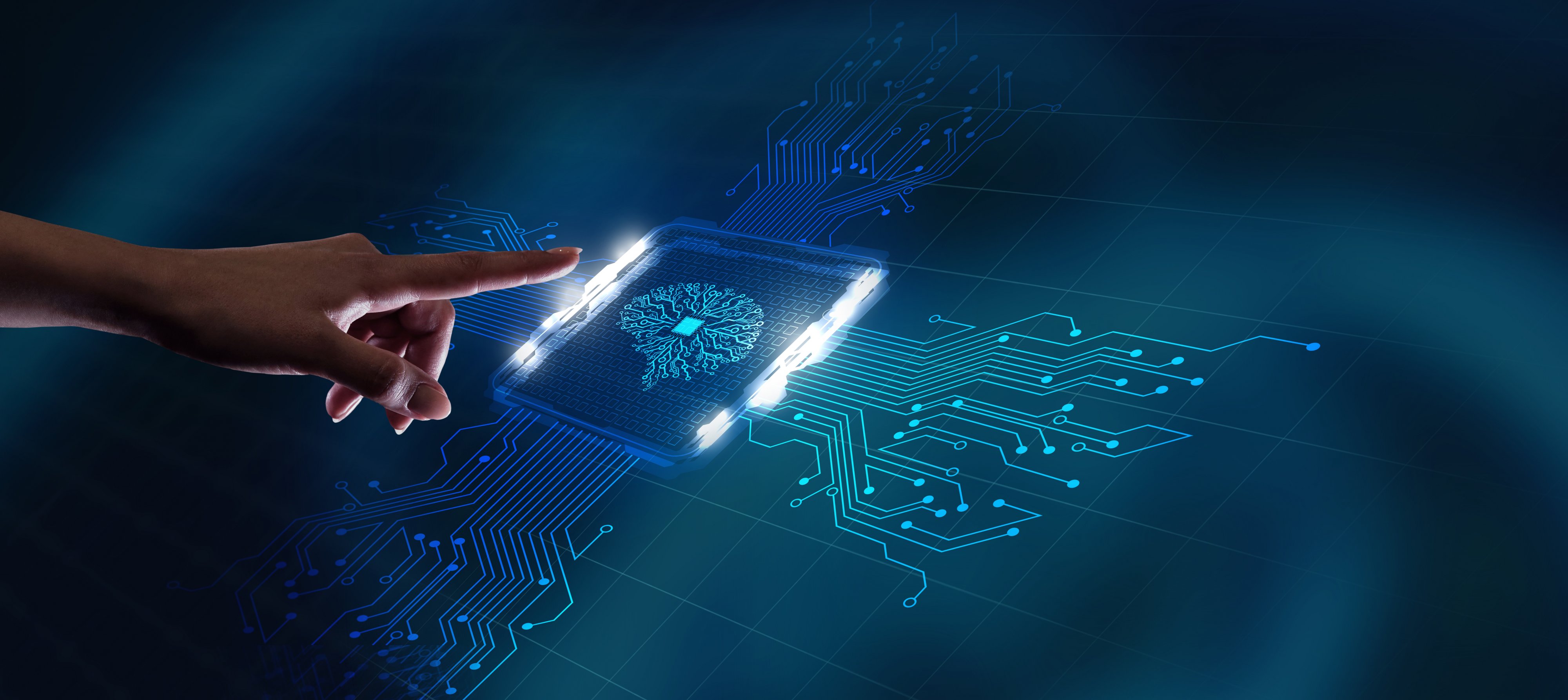Artificial intelligence (AI) is rapidly transforming the world, and higher education is no exception. AI is already being used in a variety of ways in higher education, from grading papers to providing personalized learning experiences. As AI continues to develop, it is likely to have an even greater impact on the way we learn and teach.
One of the most significant ways that AI is likely to Edusite.ca is in the way that students are assessed. AI-powered grading systems can grade papers and exams more quickly and accurately than humans, and they can also provide more detailed feedback to students. This could help to improve student learning and reduce the amount of time that professors spend grading.
AI is also being used to create personalized learning experiences for students. AI-powered learning platforms can track student progress and tailor the learning experience to each individual student’s needs. This could help to improve student engagement and achievement.
In addition to grading and learning, AI is also being used in other areas of higher education, such as research, admissions, and student advising. AI-powered research tools can help researchers to analyze large amounts of data more quickly and efficiently. AI-powered admissions systems can screen applicants more effectively and identify those who are most likely to succeed. And AI-powered student advising systems can provide students with personalized advice and support.
The future of higher education is likely to be shaped by AI in many ways. AI has the potential to improve the way we learn, teach, and research. However, it is important to be aware of the potential risks of AI, such as job displacement and bias. It is also important to ensure that AI is used in a way that is ethical and responsible.
As AI continues to develop, it is important for higher education institutions to be prepared for the changes that it is likely to bring. Institutions need to invest in AI research and development, and they need to develop policies and procedures for the ethical use of AI. doing so, institutions can ensure that AI is used to its full potential to improve the quality of higher education.
In addition to the above, here are some other ways that AI is likely to change higher education in the future:
- AI-powered chatbots and virtual assistants could be used to provide student support and answer questions.
- AI could be used to create immersive learning experiences, such as virtual reality simulations.
- AI could be used to personalize the curriculum for each student, based on their individual needs and interests.
- AI could be used to automate tasks such as scheduling classes and processing financial aid applications.
The future of higher education is uncertain, but it is clear that AI will play a major role. embracing AI and using it wisely, higher education institutions can ensure that they are prepared for the challenges and opportunities of the 21st century.




